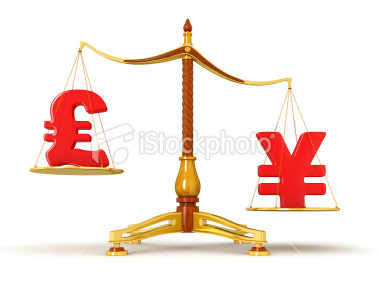Why You Should Keep A Close Eye On The Forex Pros
In today’s investment climate, you can’t overlook currency markets, so you must benchmark Forex Pros. Learning about them is a challenge. But knowing what the Forex pros are watching for can help you navigate those markets safely.
Most people know some currency market basics. For example, most people know that the value of foreign exchange fluctuates and that those fluctuations are driven to some extent by the economic situation in a given country.
 That’s a good start, but it does leave a few questions open! What drives currency fluctuations? How do top traders know which way currencies are headed? Should I watch “technical” indicators or “fundamentals?” More importantly for the short term, who’s trading in the market and why are they trading there?
That’s a good start, but it does leave a few questions open! What drives currency fluctuations? How do top traders know which way currencies are headed? Should I watch “technical” indicators or “fundamentals?” More importantly for the short term, who’s trading in the market and why are they trading there?
Forex pros know that a lot depends on who’s trading in the market at the moment and what their objectives are. Unlike stocks, where most investors buy because of the business outlook of the company, currency investors have numerous different objectives. Banks, corporations, hedge funds, nations, speculators and small time traders are there for different reasons.
Many market participants are seeking profits by speculating on changes in market direction. The key players in this arena are hedge funds, private speculators and, to a lesser extent, banks, which may engage in similar types of trading.
Hedge funds are giant private investment funds, and it’s well known that they can move markets. Forex pros keep a close eye on what these funds do. They may have a variety of strategies that may vary from day to day, and their only objective is to make money. Fast short-term trading is one common strategy, but the big money is betting – correctly – on long term on economic conditions that affect a country’s currency. George Soros was a hedge fund manager when he made a big bet back in the 1980s that Britain would have to devalue the pound sterling. He won.
Believe it or not, not all market participants are trying to profit. Corporations, and to a much larger extent, banks and nations, are often seeking primarily to stabilize the effects of foreign currency fluctuations. They do this by “hedging” their foreign currency exposure.
If Boeing sells 20 jets today to Qatar for $5B, there’s no guarantee that the Qatar Riyal will be worth the same amount of dollars in three years when the last jet is finally paid for. So Boeing – and Qatar – may both enter into certain kinds of contracts to make sure that, when they pay or get payment, the amount the receive or spend will be predictable. Banks might use a similar procedure to guarantee the future value of payments on their loans.
Countries are sometimes the biggest players of all, and they are the most closely watched by Forex pros. They seek to affect the value of their currency. People might expect that they always seek to raise the value of currency, but this is by no means the case. Today China – whose currency value isn’t set by the market – seeks to keep its currency cheap to help its export economy.
Currency markets are an increasingly significant part of the financial picture. To understand and navigate them safely, it helps to know what the Forex pros are watching.




